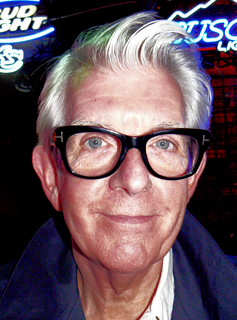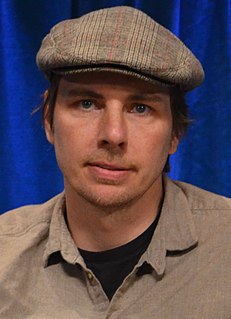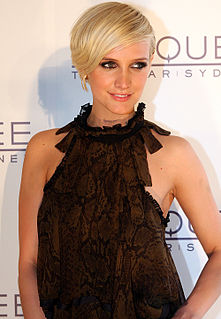A Quote by David Remnick
From a personal point of view, I'd like to interview my great-grandparents because I barely knew them, and I know next to nothing about my family beyond 100 years.
Related Quotes
I think the next 50 years are going to present the human race with challenges that so far exceed the limitations of geopolitical boundaries or nationalist identity. We're going to be up against challenges that we can barely fathom at this point. So how we embrace them and deal with them will define a great many things about where we go, but, you know, it's hard to say. We're teetering on the edge, I would say.
My buddy Alex Blumberg learned - he was very public about his learning process, and I know for a fact because we sat next to each other for many years, that he knew nothing about venture capital or seed rounds or "A" rounds or whatever you call them, and he had to really learn, like, pitch by pitch. He just screwed pitches up.
"Only write what you know" is very good advice. I do my best to stick to it. I wrote about gods and dreams and America because I knew about them. And I wrote about what it's like to wander into Faerie because I knew about that. I wrote about living underneath London because I knew about that too. And I put people into the stories because I knew them: the ones with pumpkins for heads, and the serial killers with eyes for teeth, and the little chocolate people filled with raspberry cream and the rest of them.
I never wanted to get to a point in my life where I knew what was going to happen next. I felt like most people just couldn't wait until they found themselves settled down into a routine and they didn't have to think about the next day, or the next year, or the next decade because it was all planned out for them. I can't understand how people can settle for having just one life.
All of us are linear thinkers. We evolved in a world that was local and linear. You know, back 100,000, 200,000, millions of years ago, when we were evolving as a human species, nothing changed. You know, the life of your great-grandparents, you, your kids - it was the same. And so we are local and linear thinkers.
I am a personal optimist but a skeptic about all else. What may sound to some like anger is really nothing more than sympathetic contempt. I view my species with a combination of wonder and pity, and I root for its destruction. And please don't confuse my point of view with cynicism; the real cynics are the ones who tell you everything's gonna be all right.
I don't know if it's unique, but I know many Korean American people of my generation who want to know about their grandparents' lives in Korea, but their family members won't tell them because it's too painful. But my grandmother is just a natural storyteller, and she very openly spoke about really difficult times in her life.
What's great about TV, and what I love about being on 'Parenthood,' is you have this family. I'm now going on four years of working with the same 100 people, and that helps you feel like your life has more roots. It's more conducive to having a family, and you're staying in town. So that part is amazing.
I knew that people were going to talk about it, I knew it was embarrassing, and I knew it was a big deal. But did I think that it was going to be this thing that followed me for, you know, the next years to come? I guarantee you, 25 years from now, I'll be known as the girl that lip synced on 'SNL.' But, you know, it was a weird thing. Not fun.

































